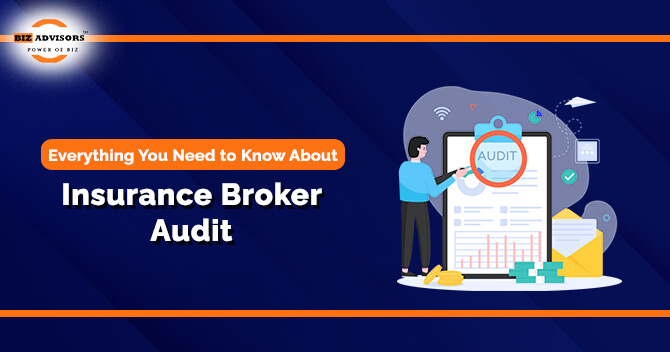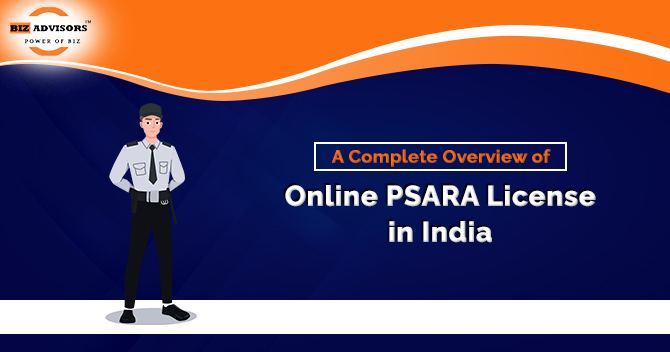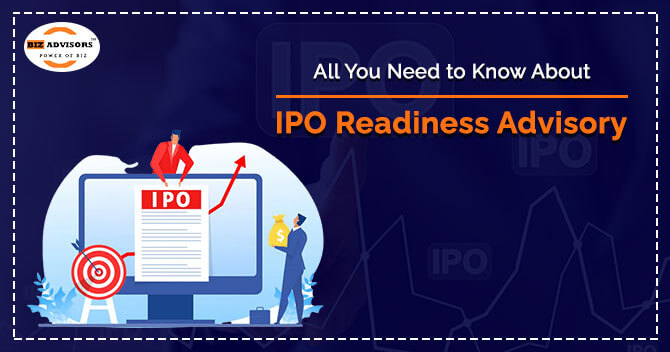Insurance plays an integral role in safeguarding individuals and businesses from unforeseen risks. Insurance brokers act as intermediaries, connecting clients with suitable insurance products and services. To ensure transparency, fairness, and compliance, insurance broker audits have emerged as a critical practice.
An insurance broker audit is a systematic and thorough examination of an insurance broker’s operations, processes, financial records, and compliance with industry regulations and standards. This audit process is essential to ensure that the insurance broker is effectively fulfilling its responsibilities, maintaining transparency, and safeguarding the interests of its clients and stakeholders.
The audit typically begins with a comprehensive review of the insurance broker’s internal controls and operational procedures. This involves assessing how the broker manages client information, communicates policies, processes claims, and executes other core functions. The objective here is to identify any inefficiencies, gaps, or potential risks that might impact the broker’s ability to provide quality services.
The Significance of Insurance Broker Audits
Insurance broker audits are designed to instill trust and accountability within the insurance industry. These audits are essential for various reasons:
- Transparency and Fairness: Audits ensure that insurance brokers conduct their operations transparently and fairly. Clients rely on brokers to provide unbiased advice and recommend insurance plans that align with their needs.
- Compliance: The insurance industry is heavily regulated to protect consumers. Audits help ensure that brokers comply with industry standards and regulations, preventing potential legal and financial liabilities.
- Risk Mitigation: Audits identify potential risks and weaknesses in an insurance broker’s operations. By addressing these issues, brokers can reduce the likelihood of errors, omissions, and financial losses.
- Enhancing Reputation: Brokers[1] who undergo regular audits demonstrate their commitment to ethical practices and client satisfaction, thus enhancing their reputation within the industry.
Conducting an audit for an insurance broker involves a comprehensive review of their operations, processes, financial records, and compliance with industry regulations.
Here’s a list of essential documentation you might need for an insurance broker audit:
Company Information:
- Business licenses and permits.
- Articles of incorporation or organization.
- Ownership and organizational structure.
Financial Records:
- Trial balances and general ledgers.
- Reconciliation of premium accounts.
- Commission and fee income records.
- Investment statements and portfolio summaries.
- Bank statements and reconciliations.
Client Records:
- Client contracts and agreements.
- Policies issued to clients.
- Correspondence and communication with clients.
- Records of claims made by clients.
- Documentation of client interactions.
Compliance Documentation:
- Insurance licenses and certifications for brokers and agents.
- Records of completed continuing education courses.
- Privacy and data protection policies.
Operational Processes:
- Procedures for handling new business applications.
- Underwriting guidelines and manuals.
- Claims processing procedures.
- Documentation of risk assessments and coverage recommendations.
- Procedures for handling client complaints.
Internal Controls:
- Internal control policies and procedures.
- Records of internal audits and reviews.
- Documentation of segregation of duties.
- Fraud prevention and detection measures.
Technology and IT Infrastructure:
- Information on IT systems used for record-keeping.
- Network security measures and firewalls.
- Disaster recovery and business continuity plans.
Employee and Staff Records:
- Resumes and qualifications of key personnel.
- Employee contracts and compensation records.
- Training records for staff.
Commission and Compensation Records:
- Documentation of commissions earned from insurance carriers.
- Broker compensation agreements with clients.
- Records of commission-sharing arrangements.
E&O Insurance Coverage:
- Documentation of Errors and Omissions (E&O) insurance coverage.
- Claims history under E&O insurance.
Marketing and Advertising Material:
- Copies of marketing and promotional materials.
- Records of advertising compliance with regulations.
Client Funds Handling:
- Documentation of handling client premium funds.
- Premium trust account statements and reconciliations.
Insurance Broker Audit Process
An insurance broker audit involves a comprehensive examination of an insurance broker’s operations, financial records, and adherence to industry regulations.
- Planning: The audit process begins with careful planning. The audit team defines the scope, objectives, and timeline of the audit. They also gather relevant information about the broker’s activities, clients, and policies.
- Risk Assessment: Auditors identify potential risks associated with the broker’s operations, such as errors in policy documentation, misrepresentation, or inadequate client communication.
- Document Review: Financial records, client contracts, communication logs, and other relevant documents are thoroughly reviewed. This step aims to verify the accuracy of financial transactions and ensure compliance with regulatory requirements.
- Internal Control Evaluation: Auditors assess the broker’s internal controls and procedures. This evaluation helps identify areas where processes can be improved to prevent fraud, errors, or unauthorized activities.
- Testing: Sample transactions and client interactions are tested to validate the accuracy of information provided by the broker. This step helps in detecting inconsistencies or discrepancies.
- Compliance Verification: Auditors verify whether the broker adheres to industry regulations and legal requirements. This includes assessing the broker’s licensing, disclosure practices, and adherence to consumer protection laws.
- Findings and Recommendations: After completing the audit, a detailed report is prepared. This report outlines the findings, including any identified weaknesses, non-compliance issues, or potential risks. Recommendations for improvement are also provided.
Benefits of Insurance Broker Audits
Insurance broker audits offer a range of benefits that contribute to the overall integrity and success of both brokers and clients:
- Client Confidence: Audited brokers inspire confidence in clients by showcasing their commitment to ethical practices and regulatory compliance. This, in turn, leads to stronger client relationships and retention.
- Process Improvement: Audits uncover operational inefficiencies, allowing brokers to refine their processes. This can result in better client service, reduced errors, and enhanced productivity.
- Risk Management: By identifying and addressing potential risks, audits help brokers minimize the likelihood of errors, disputes, and financial losses.
- Legal and Regulatory Compliance: Audits ensure that brokers operate within the legal framework and meet regulatory obligations. This shields them from potential legal actions and penalties.
- Competitive Edge: Audited brokers stand out in a competitive market, as clients are more likely to choose brokers who have been vetted for their integrity and compliance.
Conclusion
In the intricate realm of insurance, transparency, fairness, and compliance are paramount. Insurance broker audits serve as a crucial mechanism to uphold these values. By undergoing regular audits, insurance brokers not only demonstrate their commitment to clients but also pave the way for industry growth and credibility. Clients can trust audited brokers to navigate them through the complex landscape of insurance with integrity and expertise. Ultimately, insurance broker audits contribute to a healthier, more trustworthy insurance ecosystem for everyone involved. You can get in touch with our legal luminaries to easily get a detailed idea of the Insurance Broker Audit.
Read our article:All You Need to Know About Public Limited Company Audit
 9559179325
9559179325 9559179325
9559179325





